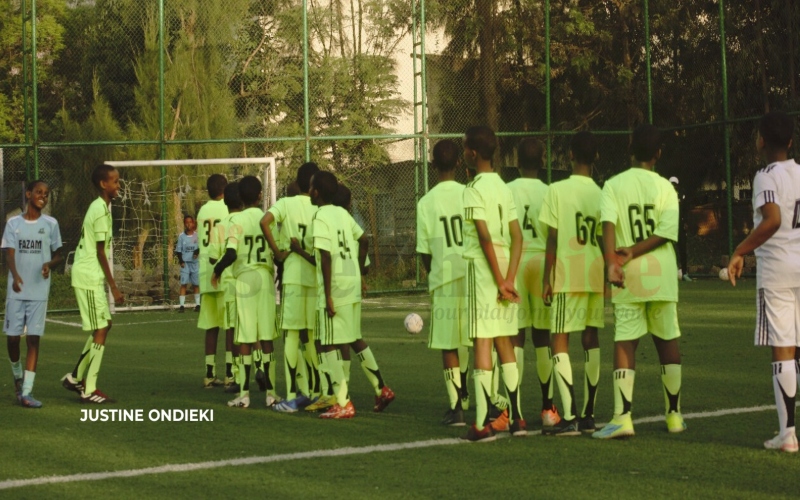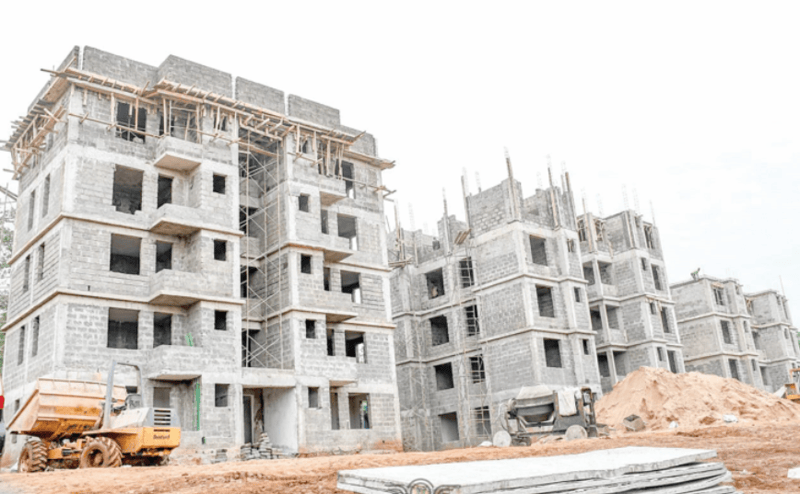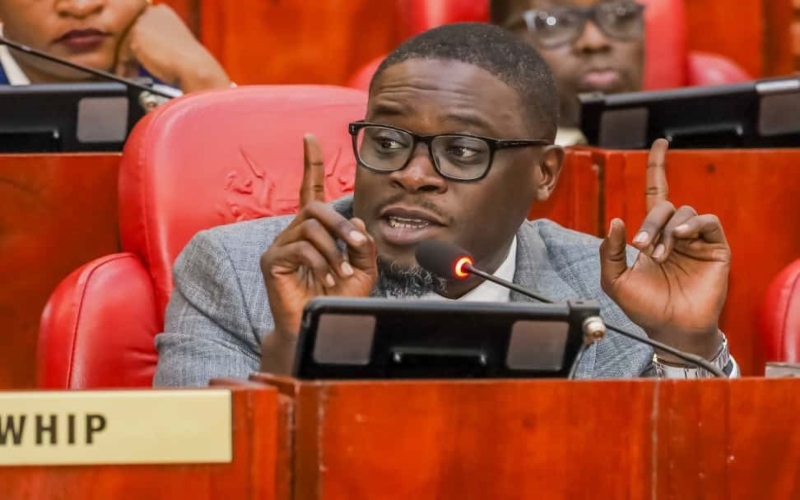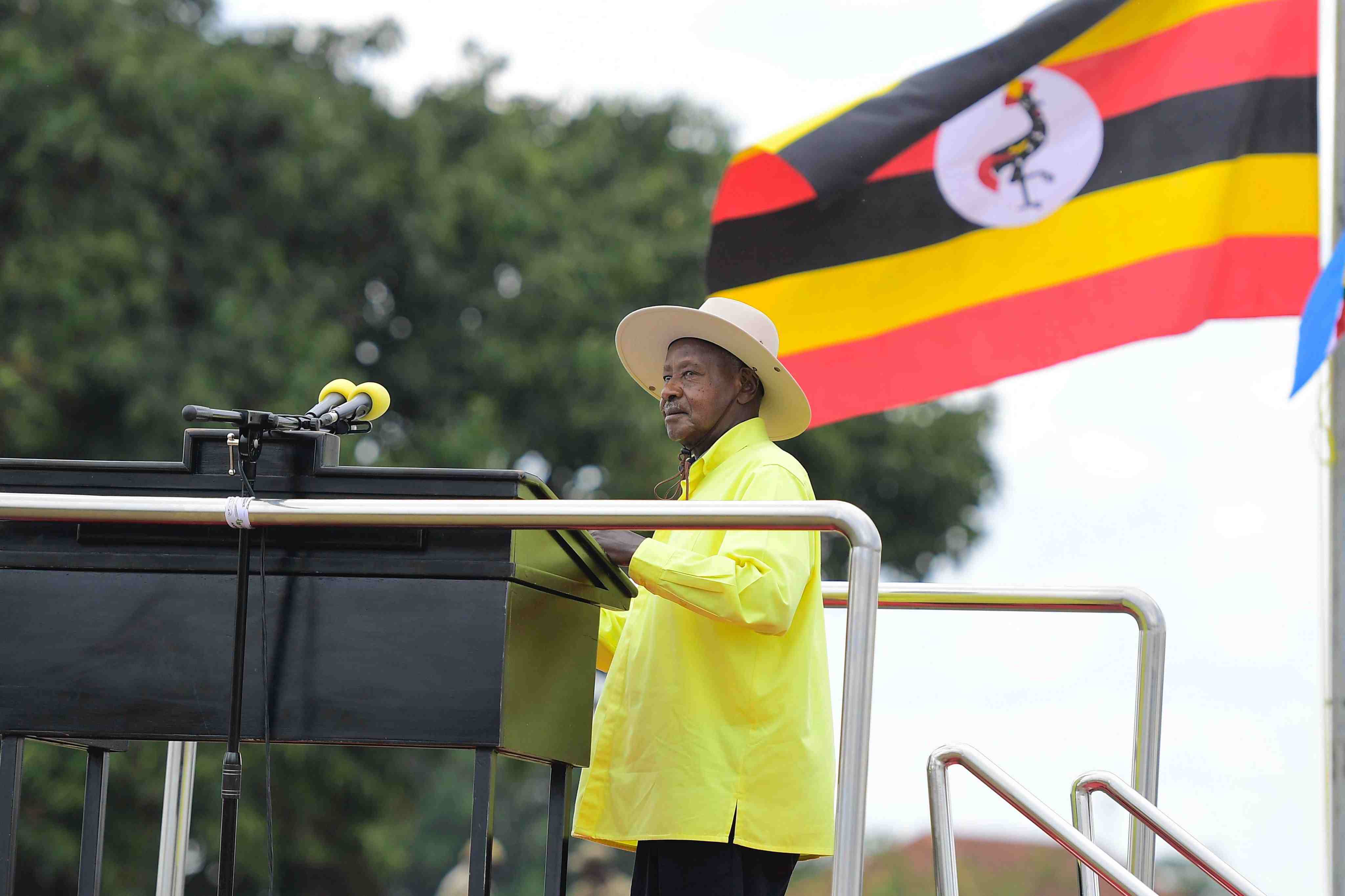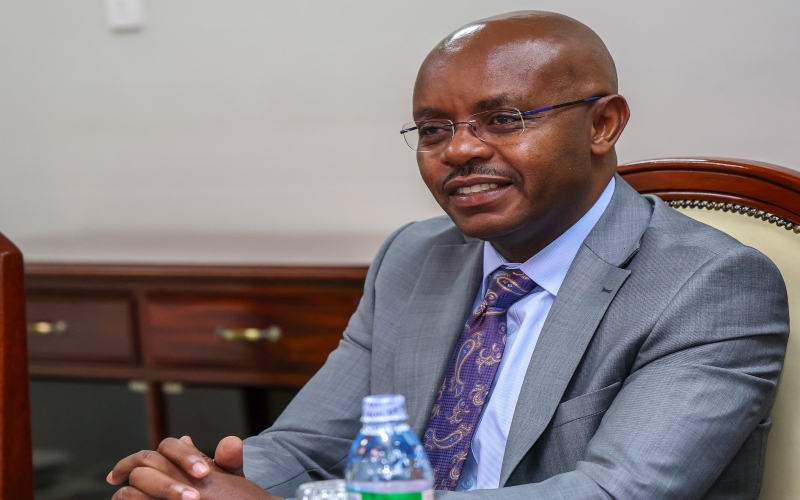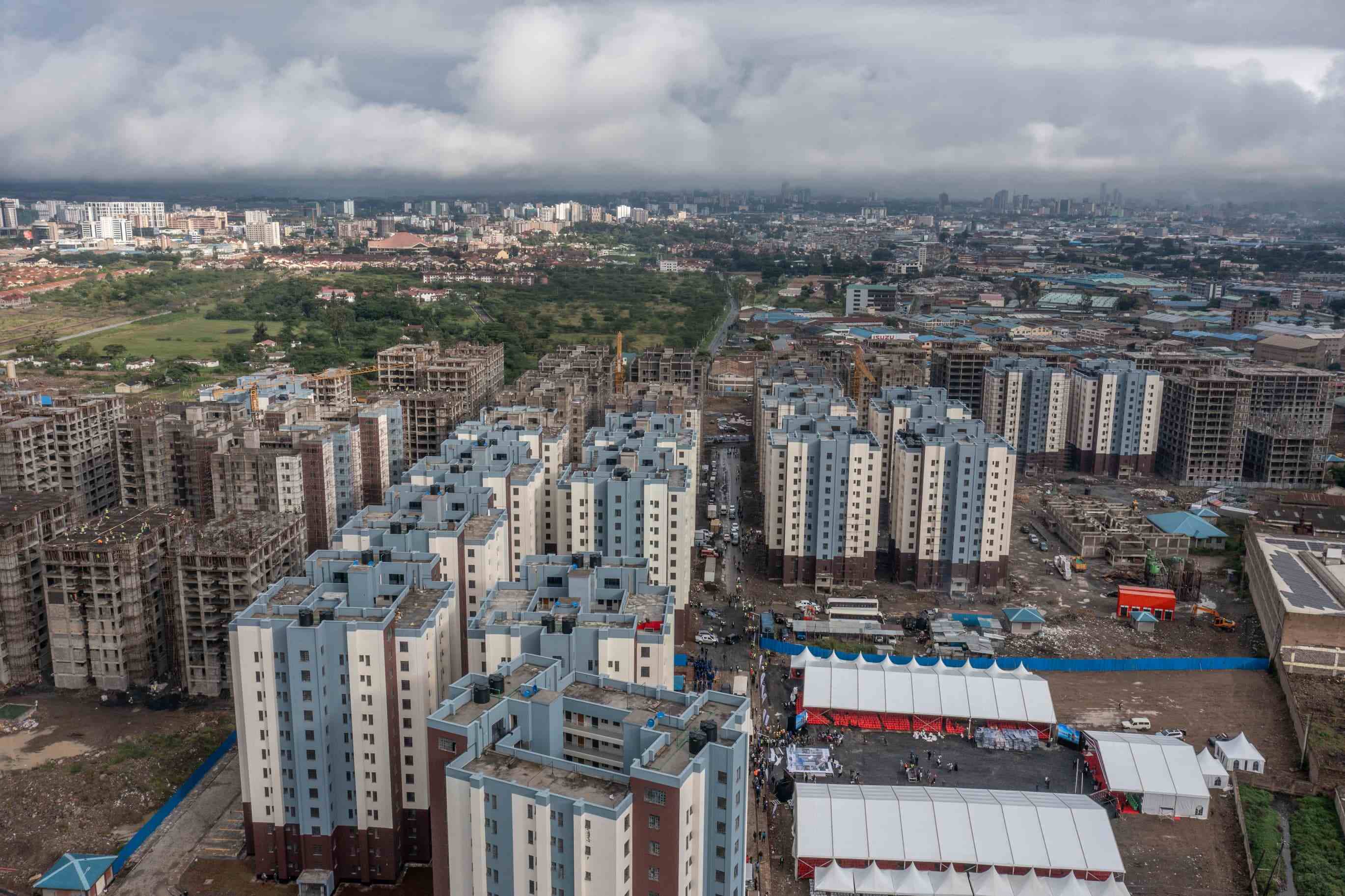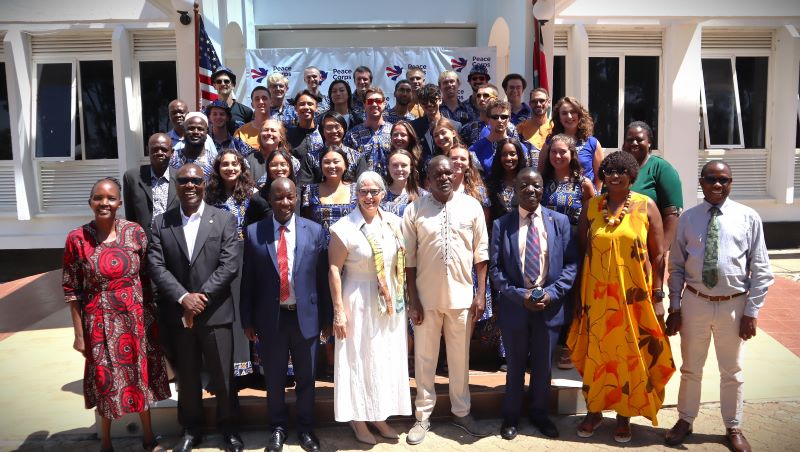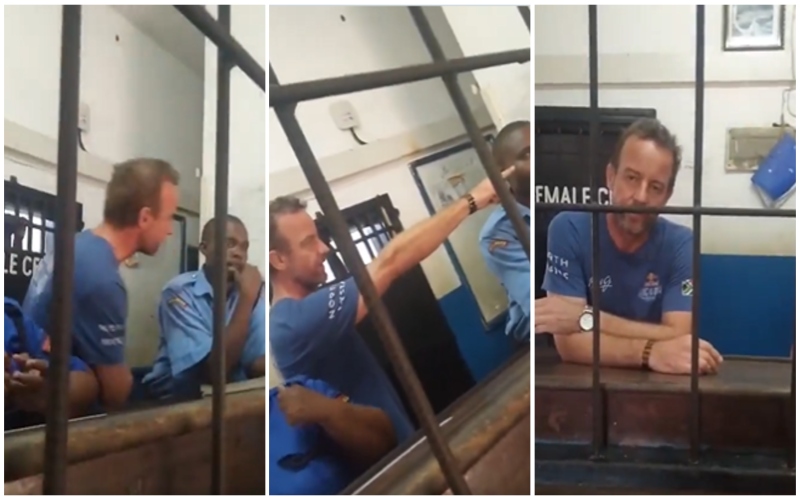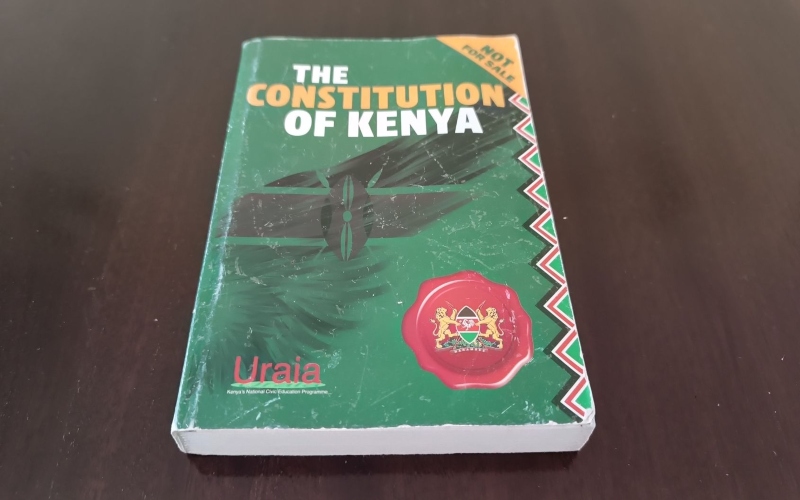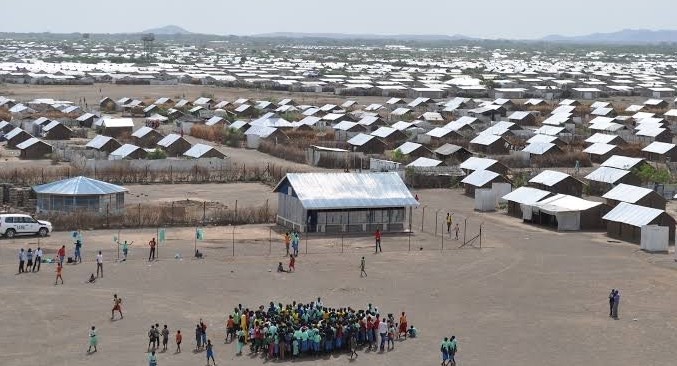Ole Sapit calls on Ruto to appoint competent cabinet as church faces complicity accusations
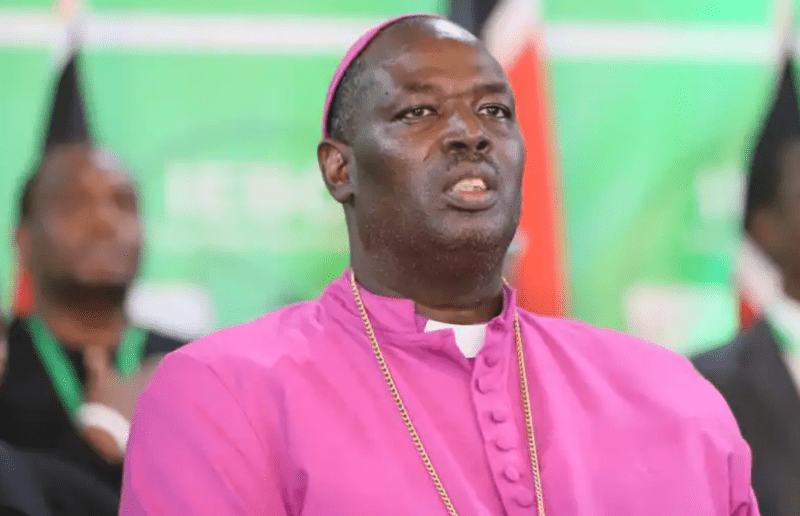
Despite these calls, the church has long been criticised for its silence and hesitation in speaking out against corruption and abuse of power by government officials.
On Friday, Archbishop Jackson Ole Sapit of the Anglican Church of Kenya (ACK) urged President William Ruto to fulfil the demands of anti-government protesters.
Addressing the press at All Saints Cathedral in Nairobi, he called on the Head of State to reduce government expenditure and appoint a competent cabinet.
More To Read
- President Ruto’s ODM invitation sparks speculation of political realignment ahead of 2027
- President Ruto receives key AU reform proposals ahead of Luanda Summit
- President Ruto to deliver State of the Nation address on November 20
- Maasai community sets aside 1 million acres to protect Amboseli ecosystem
- Ruto presides over historic handover of Amboseli National Park to Kajiado County
- Kenya moves to curb recruitment of its citizens in Russia-Ukraine war
The bishop also urged President Ruto to implement stringent measures to curb rampant corruption at both national and county levels.
"We demand that the government must stop further imposition of taxes and levies especially the recently introduced housing levy and the unjust increased fuel levy must be withdrawn. Taxpaying Kenyans do not see value for the money of these schemes," he said.
He further appealed to the demonstrators to call off their protests and give the government adequate time to address their demands.
"We appeal to protesters to suspend protests and give the government time to attend to the raft of demands, some of which the President has begun to address including firing most of his Cabinet Secretaries, signing of the IEBC Amendment Bill 2024 into law and the resignation of the IG of Police among others," said Ole Sapit.
Despite these calls, the church has long been criticised for its silence and hesitation in speaking out against corruption and abuse of power by government officials.
The clergy are challenged by Kenyans to speak truth to power and act as a check on the government, particularly at a time when the church grapples with a tarnished reputation and accusations of colluding with the government.
In recent elections, particularly the 2013, 2017, and 2022 General Elections, church involvement with money and ethnicity has been inseparable from political competition.
The landscape is changing, largely due to the bold actions of Mwabili Mwagodi, a hospitality consultant from the Coast who is challenging churches to distance themselves from politicians.
Mwabili has travelled across the country, leading to the cancellation of fundraisers and political events at churches.
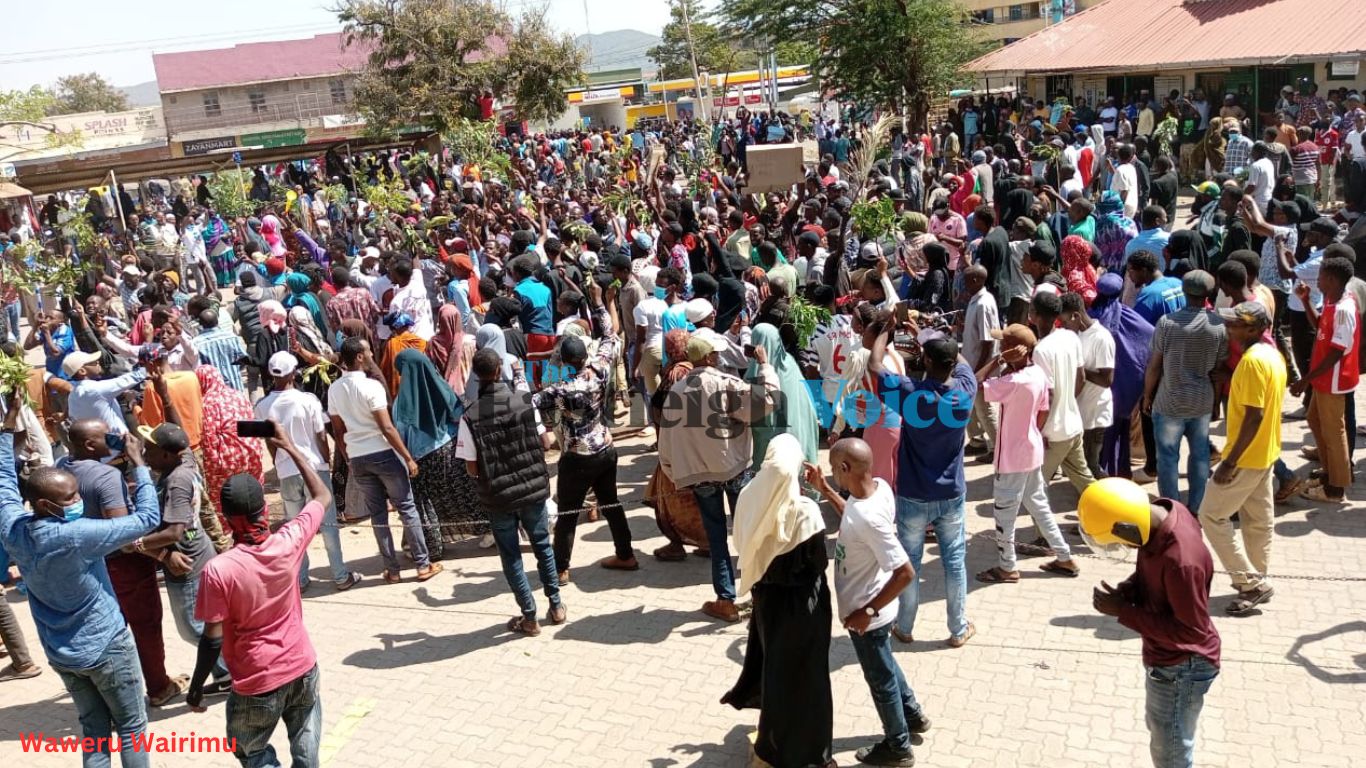 Isiolo residents take part in the anti-Finance Bill protests on June 25, 2024. (Photo: Waweru Wairimu/EV)
Isiolo residents take part in the anti-Finance Bill protests on June 25, 2024. (Photo: Waweru Wairimu/EV)
One church cancelled a fundraiser headlined by First Lady Rachel Ruto, and another called off an event attended by 14 politicians to mark its new sanctuary.
In response, the Evangelical Alliance of Kenya, representing about 900 denominations, urged churches to uphold the sanctity of the pulpit and avoid hosting politicians.
Earlier, Mwabili led the "Occupy Nyahururu" protests when Ruto visited a church in Nyandarua town two weeks ago, marking the largest and most vocal protest against political involvement in churches.
Church's voice
Historically, at the height of President Daniel Arap Moi's regime, there was a fearless priest named Father Kaiser, an American paratrooper turned priest, who was a relentless critic of Moi.
His mission was to bring down the regime for crimes against humanity.
According to American journalist Christopher Goffard, who wrote "You Will See Fire" about Father Kaiser's life in Kenya, Kaiser received a threatening note saying "utaona moto" (you will see fire). His body was soon found with his shotgun by his side.
Lawrence Njoroge, in a local newspaper article, commented on Archbishop Ndingi Mwana a'Nzeki, highlighting his role in holding the government accountable and the church's responsibility in maintaining integrity and moral authority in society.
"He once told (President) Moi to his face the State was sponsoring ethnic cleansing in Molo where many people had been killed in ethnic clashes. 'If I lied, may I perish,' he said without batting an eyelid."
He went on to state, "Outspoken and a household name in his heyday, Archbishop Ndingi was the quintessence of a fearless leader."
Among the many battles Archbishop Ndingi fought was the 1988 mlolongo (queue) voting system, where voters lined up behind candidates, a method openly abused by the state to rig in preferred candidates.
"Those were the days when the few dared to oppose government edicts."
Rev. Timothy Njoya was also a prominent church leader who publicly spoke out and protested against the KANU government under then-President Moi.
Through his sermons, Rev. Njoya called for the reintroduction of multiparty democracy and strongly defended the freedom of expression and association as enshrined in the former Constitution.
He endured several arrests and faced condemnation from church leadership. Rev. Njoya is also remembered for leading the Saba Saba multiparty demonstrations on July 7, 1990, which played a crucial role in forcing President Moi to reintroduce a multiparty state
Top Stories Today
